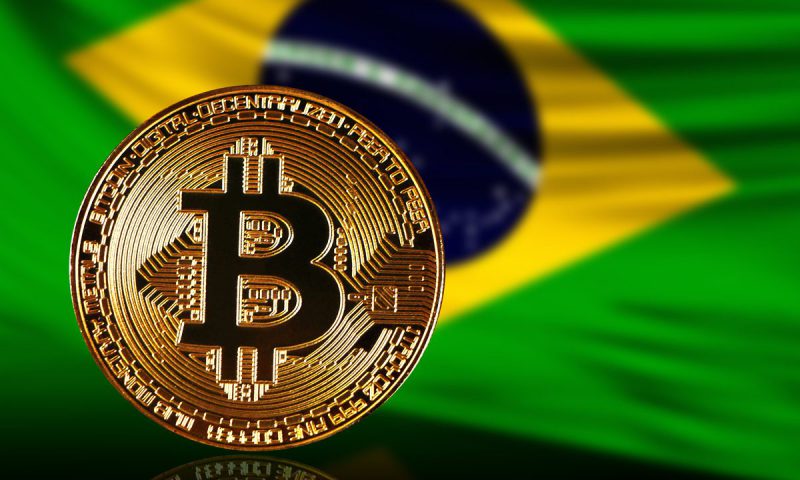Brazilian President Luis Inácio Lula da Silva has approved a new overseas crypto tax bill, turning it into a law. The President signed the bill into law on Dec. 12, 2023. The legislation will come into force from Jan. 1, 2024.
As per the new law, the government can tax crypto held overseas by Brazilian citizens. As per the law, citizens will pay up to 15% of profits from crypto. However, citizens who begin tax payments this year will gain an advantage. They will pay a tax of 8% on all income made up to 2023 in installments. The first installment will begin in December 2023. However, the tax rate will jump to 15% from next year. Nonetheless, overseas earnings up to $1,200 will be exempt from taxation.
Also Read: UK Cracks Down on Crypto Tax Dodgers, Signals Penalties Ahead
Moreover, the law does not only apply to crypto. The government can also tax profits and dividends from investment funds, platforms, real estate, or trusts. The Brazilian government aims to collect up to $4 billion in new taxes in 2024.
According to João Carlos Almada, Controller at Transfero, a Brazilian stablecoins issuer, “Some points in the text need improvement, for example, compensation for losses in the period, something similar to the tax rules for stock assets. I believe that with regulation evolving in the country, we will go through new discussions on this topic, aiming to provide even greater transparency to the market, thus generating more credibility.“
Will Brazil’s new overseas tax impact crypto companies?


The impact of the legislation extends beyond individual cryptocurrency holders to encompass “exclusive funds.” It refers to investment funds with a single shareholder and foreign companies active in the Brazilian financial market.
Also Read: Brazil’s Cryptocurrency Tax Overhaul: Overseas Holdings Face Scrutiny
The crypto taxation move is part of a wider trend towards more regulatory oversight. In September, Brazilian central bank governor, Roberto Campos Neto, announced plans to enhance cryptocurrency regulations.





